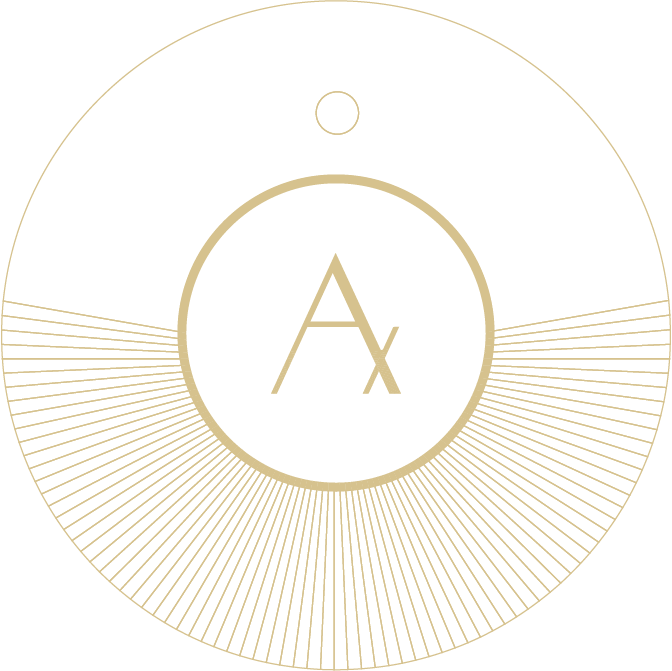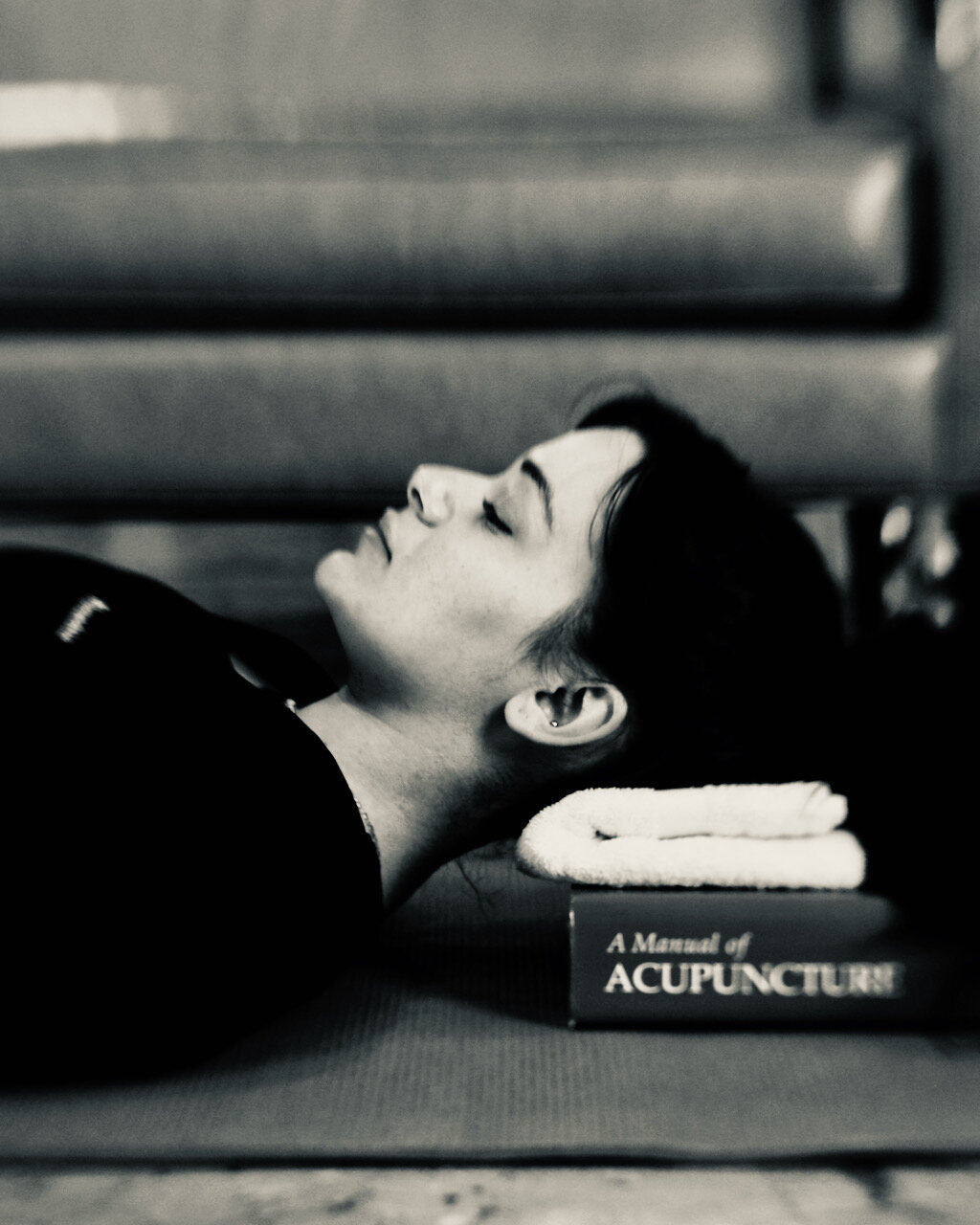Healing the Mind Naturally: Chinese Medicine Approaches for Mental Wellness
Q&A With the Acuworx Team
Answers to common questions about mental wellness:
How common are mental health disorders?
Whether it’s anxiety, depression, phobias or stress, mental health issues are on the rise in the U.S. This past March, the highest levels of depression and anxiety were reported since the pandemic first began. Now we have an opportunity for heart opening and deep wisdom if we choose to confront what's been brought to the surface. There is no shame in this struggle. Keeping things bottled up inside can lead to worse issues down the line. The importance of giving voice and life to our feelings during these changes is as important for our health as diet or exercise. Chinese medicine can be effective for mental wellness. Acupuncture is a modality to address these imbalances, and may even improve the outcome of talk therapy sessions with a licensed psychotherapist.
What are psycho-emotional disharmonies from a Chinese Medicine perspective?
From a certain perspective, Chinese Medicine can be considered an art form. That means that it changes as we do. No two people are alike, even if they suffer from what sounds like the same symptoms. In this way, your treatment becomes highly individualized. For example, there are five elements in Chinese Medicine. Each of these elements manifests through two different organs. One yin and one yang to represent the duality of our world. The yin organs are the ones which hold our spirits, and our emotions.
When it comes to psycho-emotional imbalances in the system, we often look to these organs. The liver tends to hold onto anger, rage and resentment. The spleen is associated with anxiety, overthinking, rumination and lack of grounding. The kidneys are associated with fear. The emotions of the lungs are grief and sadness. And last but not least, the heart, whose emotional expression when it's not in harmony, energetically speaking, is a lack of joy or passion in life. As practitioners of Chinese Medicine, our job is to help restore balance to help your body better adapt to the stressors of life. We help facilitate this mind-body healing. Wherever a patient is feeling stuck, we help to move things along so the weight of the world feels a little lighter. This is why most patients notice a feeling of having more energy and clarity with consistent acupuncture treatments. Unlike other medical approaches, acupuncture promotes natural emotional healing.
Is there a connection between my emotional health and my physical health?
From a holistic standpoint, everything is connected. If you’ve ever gotten a headache after an argument, a stomach ache from stress, or felt your body get hot from anxiety, you know what I mean. Our body’s functioning is a direct reflection of our mind, and the way we’re processing life. Symptoms related to digestion, gynecology, poor sleep, autoimmune issues and even physical pain, can be aggravated by our mental and emotional state. By asking patients details about the quality of their sleep, energy level, and digestion, we gain deeper insight into the ways they are relating to life's stressors.
Self-care tips and natural remedies for for stress relief and emotional harmony:
Spend some time outside in nature and re-connect. Visit the botanical gardens or go for a hike.
Earthing: dig your feet into the ground, feel the grass, the dirt, and connect to the vibration of the earth. This is particularly helpful when feeling particularly unsettled.
Stay hydrated. Keep things flowing by increasing water intake. About 64 oz. per day should be the goal for the average adult.
Get some sleep! Our livers detox and replenish at night. Our liver holds onto emotional constraint as well as toxins so letting this organ clear out is essential to our mental health. For those having trouble falling asleep, try to get to bed at least 30 minutes before the usual bedtime.
Essential oils: Add lavender essential oil over an acupuncture point or two to calm the spirit and settle the mind. Pericardium 6 is located between your tendons on the inside of your forearm, about an inch proximal to the wrist crease. This helps open up the chest, relax the digestive system and calm the heart.
Meditation: even if it’s 5 minutes a day, every second counts. Meditation doesn’t always need to mean a silence of the mind. Sometimes it just means allowing ourselves to be as we are, and breathe.
Regular acupuncture from a licensed acupuncturist is also a part of self-care. Additionally, seeking the help of a licensed psychotherapist can help process the emotions and feelings that can surface.
Interested in learning more about how Chinese medicine supports mental wellness and emotional balance? Feel free to schedule a complimentary phone consultation with one of our team members.


